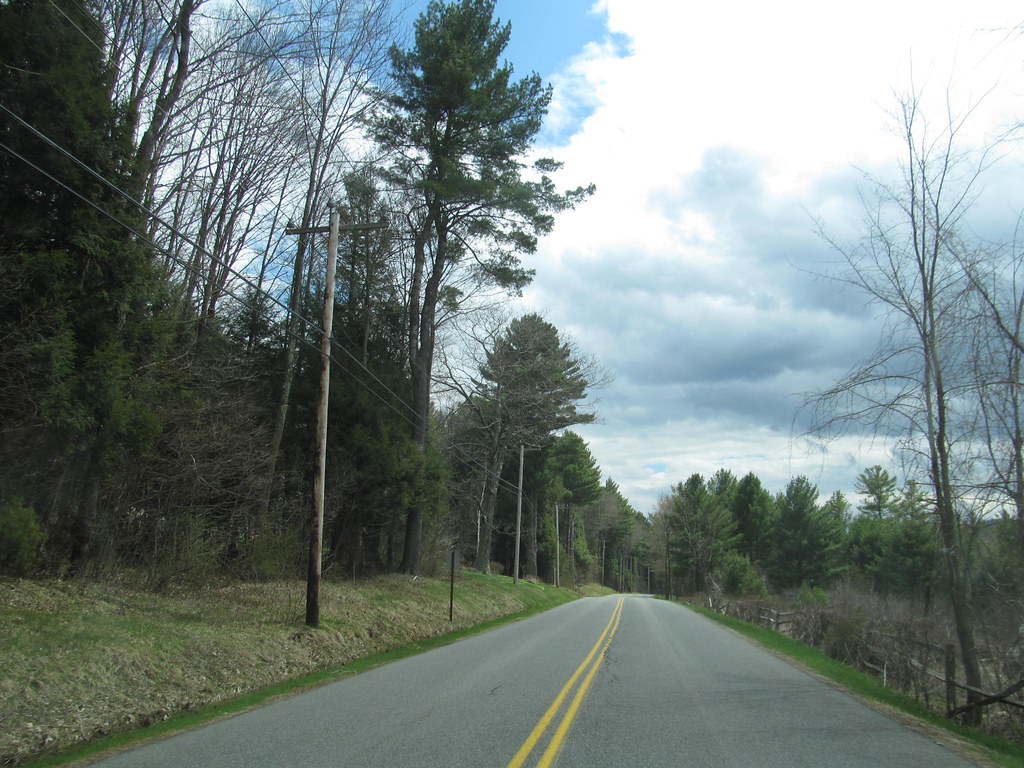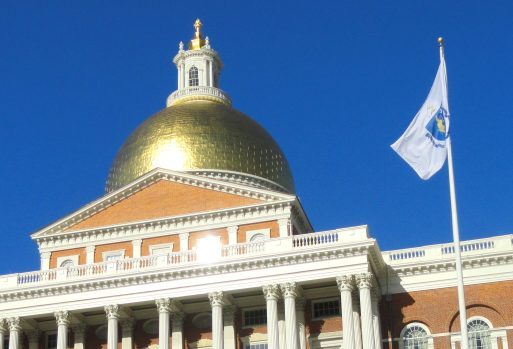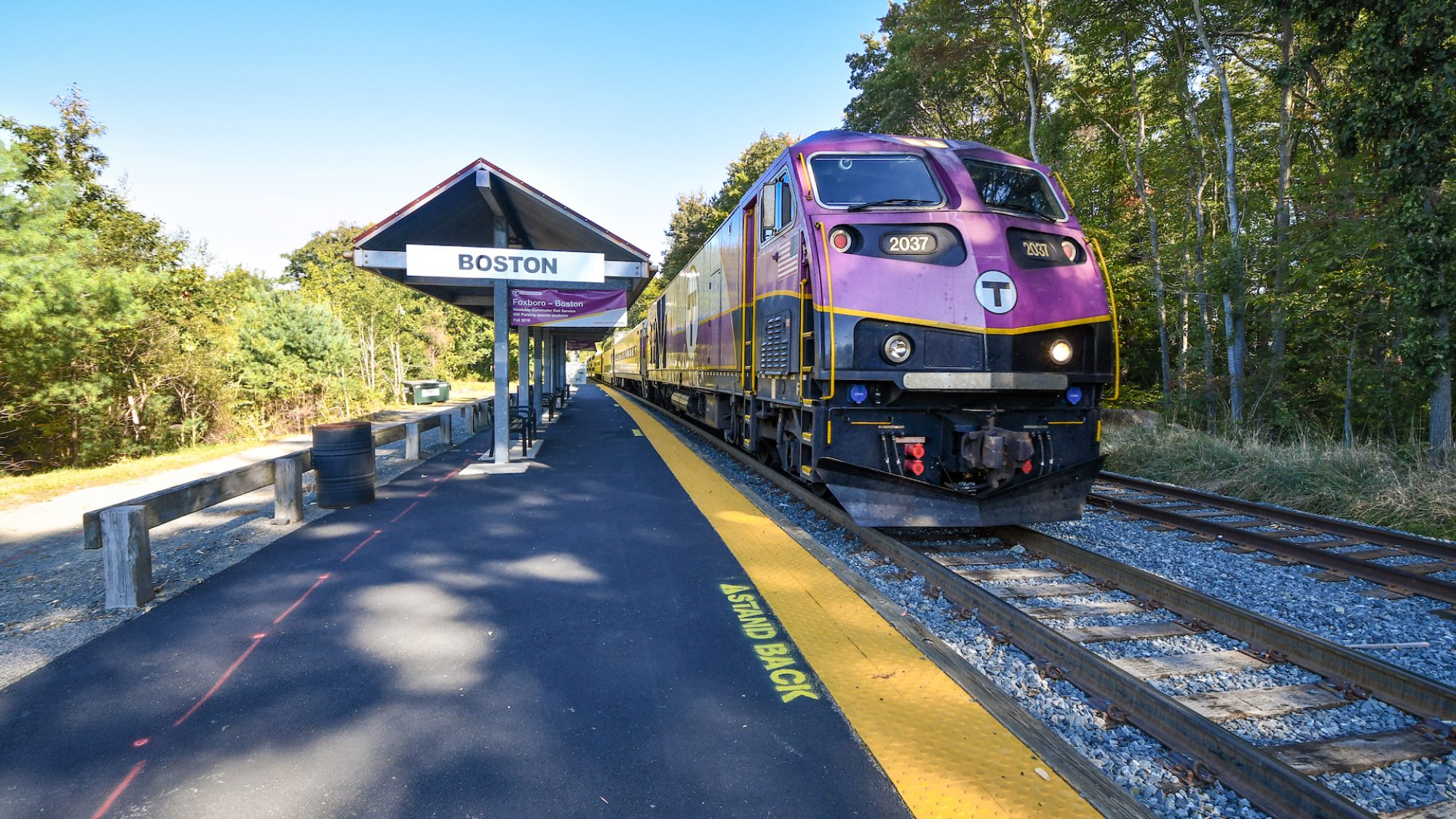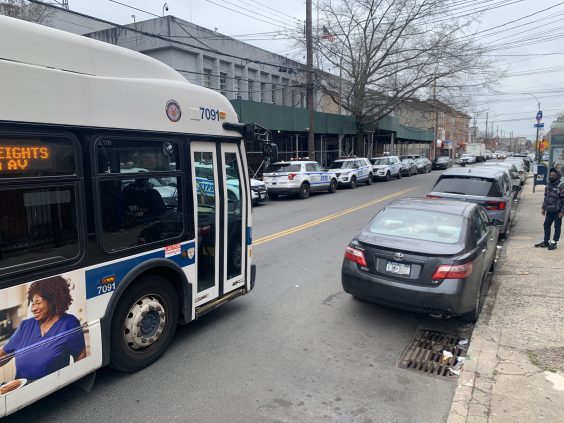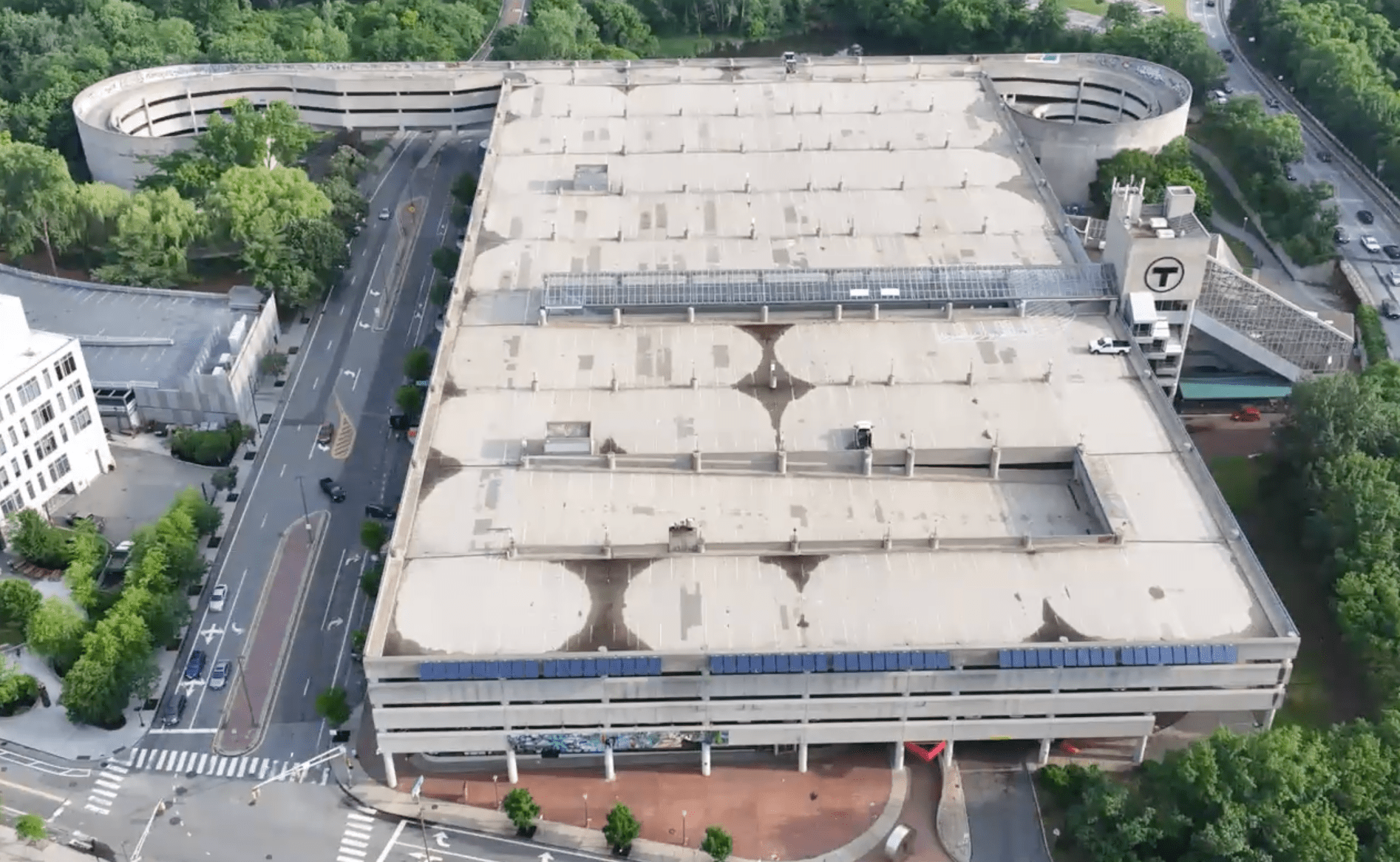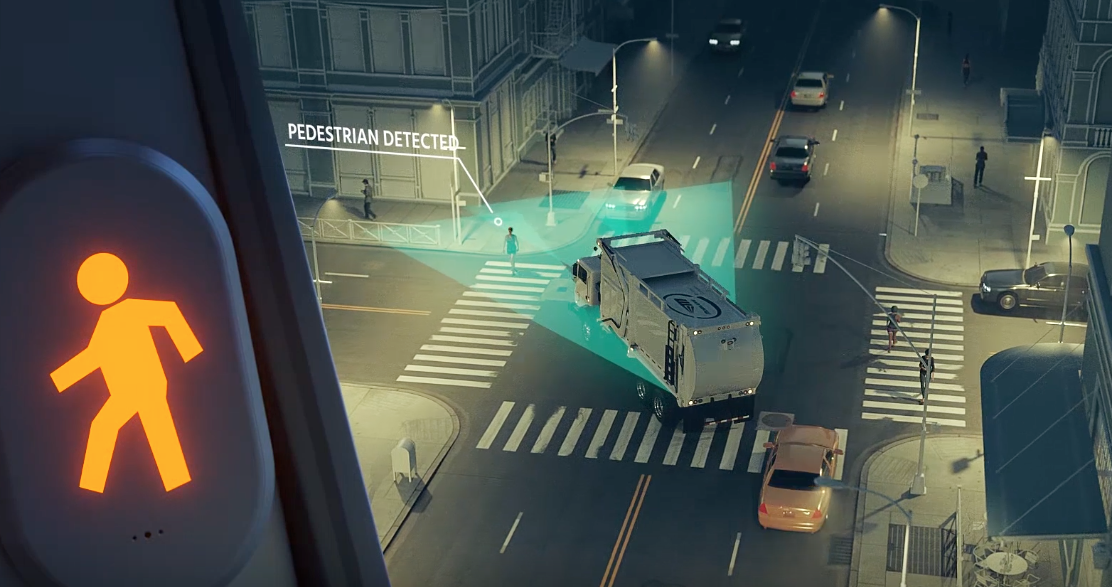I live near Concord with my husband, elderly parents, and an adult son with a high-functioning form of autism. My son attends a community college in Bedford and works in Concord after classes.
In typical times, he proudly schedules to use The Ride to get from campus to Concord to his lifeguarding job at a fitness center, and he pays for his own account. His diagnosis qualifies him for the service, but doesn’t allow for more support.
I drop him off in the morning and go to work as a paralegal nearby. Our routine works well: I’m free to go about my day, and my son has what he needs to feel empowered, learn, and be employed.
But times have changed in the era of COVID-19.
College classes meet online, and the fitness center is closed. My son, like everyone, is cooped up at home. We rarely leave home out of caution for my frail parents’ weak immune systems. So, we remain indoors, unlike others seen walking and jogging in our area.
I cringed initially at my son losing his feeling of freedom and mobility. The Ride connects my son to Boston and Cambridge across the I-95 barrier. We live just beyond a divide separating him from where he hopes to live and work.
His income funds a passion for music and film. He loves everything pertaining to production, technology, and history of music and film, and applied for work at a vinyl record store near Harvard when the shutdown occurred. Shortly thereafter, his college went online, and the world went home. No more day trips on the T, with the help of The Ride, to Boston-area cultural sites.
My son – like his two brothers, who have moved out of our household – is also a young man of color, the son and grandson of immigrants from India. I’ve had my share of experiences recently to make me worry about how my sons are perceived in public spaces. To be a person of color is riskier today for us whose histories in the United States do not date back to the Revolution. The treatment of all people of color, especially during this pandemic, touches all of us.
I fear my sons are not different.
I especially dread misunderstandings because of my son’s autism. He often talks to himself, sings, and starts conversations when waiting in line. He’s friendly, quirky, and means no harm. But people may feel uncomfortable, especially as he’s also Brown.
I teach my sons to be brave. But, I am afraid.
I’m afraid to let him learn to drive and pursue his dreams. Taking the T feels safer, as he may avoid myriad reasons for being pulled over. My son’s mobility may take me to places too many mothers of color fear, know, and mourn. It hurts me to smother my hope and pride for my son’s achievements. It hurts more to discourage him, as if I’m clipping his wings.
Losing mobility, I thought, might affect his outgoing attitude and the gains he’s made after graduating from Concord-Carlisle High School three years ago.
And yet, to my surprise, he’s doing well!
He’s not worried about packing his books, gym bag, lunch, and getting to work on time. He focuses on homework and enjoys online lectures and discussions. My son engages more deliberately, without distraction. He doesn’t compare himself to people driving to and from campus. He takes part well without the emotional “noise,” and he’s making friends. He’s reaching out, contributing, learning, and planning for life after getting his associate’s degree next semester.
He wants to transfer to UMass Lowell and commute from home. We couldn’t imagine such a proposal after enduring years of complaints about life at home. My son has time and space to reflect. His professors’ attention and guidance inspire him to think broadly about his career. His lack of mobility seems to free him in these ways.
The goodness we enjoy as a people comes from love, not fear. Everyone gains, regardless of ability or disability, when all can share access to a car, public transport, and other support services.
These essentials, and the freedoms that make them possible, allow us to gather for a greater good.
I’m grateful to the Commonwealth for its inclusive vision for all to contribute and take part in our civic and economic prosperity. My son receives and gives in this rich exchange. He’s doing well, even in these scary times, as he broadens his ideas of what is possible. For this, I’m most grateful, despite my fears.
